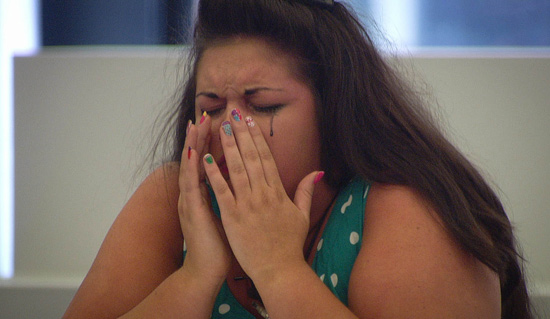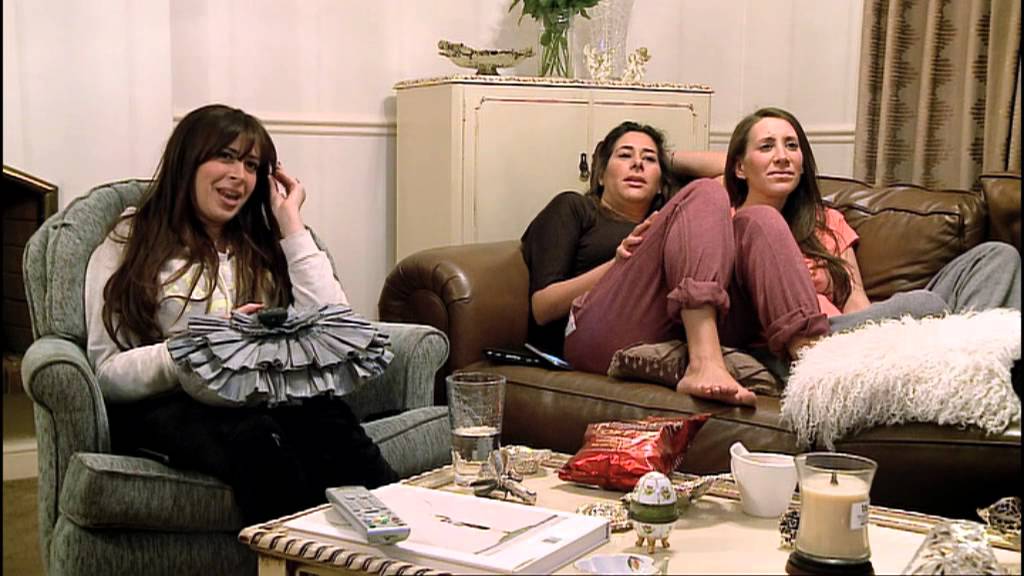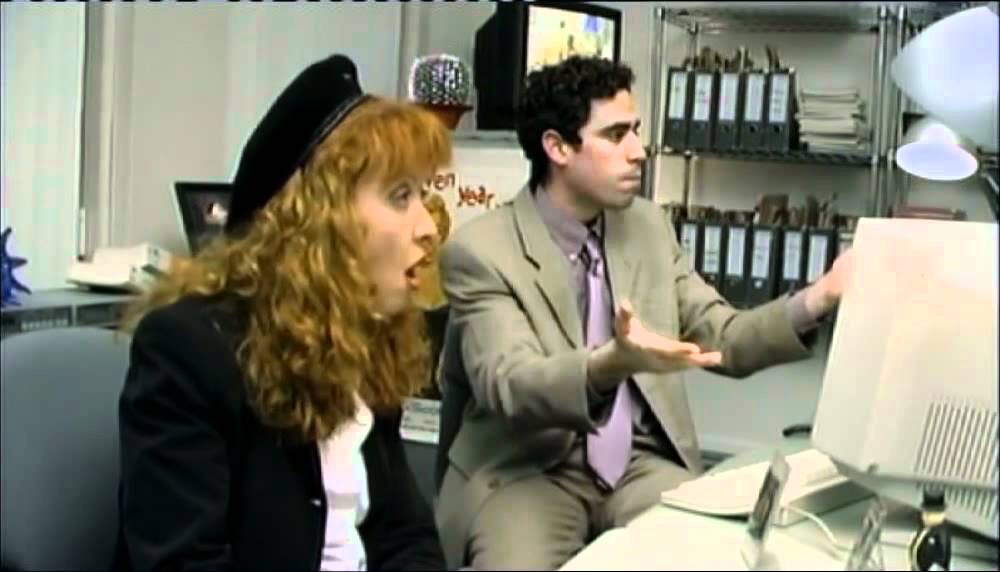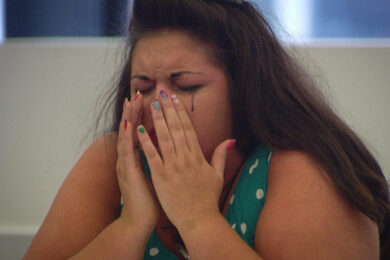The contempt which television has shown to the general public has been going on for too long. Producers only allow ‘normal folk’ on screen if they’re trying to make them look ridiculous or putting them under huge amounts of needless stress. Those nice, funny, charming people you know and see on the street just don’t appear on television like they used to.
Tune into Challenge, and you’ll see a host of shows from the ‘80s like Bullseye and 3-2-1, where Joe Public was invited to a show by someone on their side. Gameshows of old wanted people with no money to actually win something. Nigel from Bradford was willed on to make his bank balance healthier, and Michael Barrymore might throw a holiday and a new washing machine in too.
Then, with Who Wants To Be A Millionaire and Big Brother, television changed. The general public was no longer required to act like themselves. They were needed only to be scrutinised and cornered.
Shows were no longer about how much a person could win, rather, how much they stood to lose. In the golden age of the gameshow, people answered questions and played games and watched their totals creep up and they had a fun time doing it while Roy Walker barked at Mr Chips. Shows like ‘Millionaire’, The Weakest Link, Million Pound Drop, The Cube and others were based around how much John Doe would lose, removing the safety nets, popping on the thumbs screws and shunting them into greed with hyperbole and rumbling, stress-inducing synth music.
A good time turned into a Running Man trial filled with terrified members of the public, trembling before a be-suited ringleader.
Elsewhere, shows like Big Brother took members of the public and offered them airtime through surveillance. The immediate success of Big Brother spurred television executives to create a host of format shows, each trying to outdo each other in ways of stressing out and humiliating ordinary people with the underlying narrative of ‘they deserve it because they’re fame-hungry and greedy for money’. X Factor and The Apprentice then arrived in a bid to justify this line of televisual thinking, melding the game show with reality to make a TV juggernaut.
Things got even weirder when the likes of The Only Way Is Essex, Made In Chelsea, Jersey Shore and their ilk, appeared on screen. Normal people were placed before cameras, scripted and directed and the line between fiction and reality was blurred to the point of parody, leaving virtually zero programmes airing where the general public were simply allowed to be themselves, eye-witnesses aside.
And then, out of nowhere, two brilliant things happened. One Born Every Minute aired on Channel 4 which, from afar, looks like a horrible programme about child-birth. However, what this show really promotes are brilliant people in the NHS, being sweet, funny, smart and real. Couples are shown without pretension and the nurses and midwives are shown off as the astonishing, vital people that they are. The amount of laughs in One Born… are remarkable and frequent.
Over at the BBC, Pointless kicked-off, reviving the old-school game show where people weren’t tortured on television, but rather, invited to have some fun and win a bit of dough.
Pointless, as a result, quickly became a favourite for many, with Richard Osmond and Xander Armstrong putting an arm around people not used to being on TV and having the craic, making for wonderful sitting room entertainment.
No ‘it means everything to me’ narrative. No ‘110%’ hyperbole. Just nice people having a good time and replicating the viewing experience at home through general knowledge and wise-cracks.
And now, Channel 4 have clearly spotted the lack of ordinary people on TV, resulting in a new series called Gogglebox, which aims to be a fly-on-the-wall of living rooms across Britain as they watch TV itself, in some kind of meta-experiment that feels like an extended version of a segment from Noel’s House Party.
The trailer for the show promises bitchy comments about the stars, old ladies trilling along with the Coronation Street theme and people scratching their arses while eating pickled eggs. However, the worry here is that Channel 4 are being trusted to find people who are ‘normal’, which they haven’t really got good form in. Sure, One Born… is theirs, but Channel 4 also gave us Big Brother, The Salon, The 1940s House, The Family, while employing Trinny And Susannah and Gok Wan to poke their noses into the public’s most awkward moments.
If Channel 4 get Gogglebox right, then we may be at the start of a renaissance for people like us being on television without being made to look like thundering idiots or held, squirming under spotlights, stressed to the point of incontinence. The days of TV’s naked contempt for the man and woman on the street seem to be easing, but will it only be a matter of time before it all starts again?





